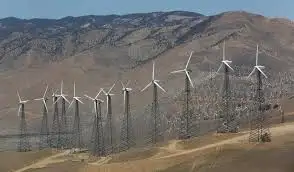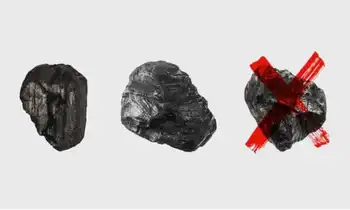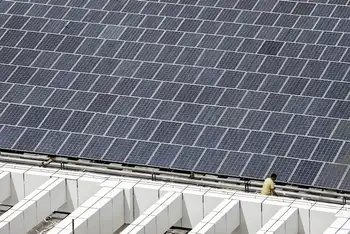Rethinking conservation programs to save more
TORONTO, ONTARIO - Ontario's Environmental Commissioner says the government needs to make improvements to its energy conservation programs, if it hopes to meet its tough new electricity reduction targets.
With the release of a report called “Rethinking Energy Conservation in Ontario – Results”, Gord Miller warns that "strong action will be needed if the government is to meet new electricity conservation targets proposed in the government's Long-Term Energy Plan." The Environmental Commissioner says "conservation is the most cost-effective way to avoid the need for expensive new generation and transmission facilities, including new natural gas peaking plants."
The Long-Term Energy Plan proposes to reduce demand by 7,100 megawatts and 28 terawatt-hours by 2030, which the government believes to be one of the most aggressive targets in North America.
Miller's report reviews progress on several energy conservation programs, including the Ontario Power Authority's demand response programs which pay large industrial electricity consumers to reduce their consumption when electricity demand is high. They account for most of the progress to meet Ontario's electricity conservation target.
Improvements in the programs' design have increased their effectiveness. Miller is pleased that the OPA is addressing shortcomings in its demand response programs, and believes that "the OPA has shown demand response programs can provide a cost-effective, reliable alternative to having to build new gas-fired peaker plants."
The Environmental Commissioner says the province's current energy conservation programs could be improved. The Ontario Power Authority should design its demand response programs to more closely coincide with times of peak consumption. In 2008 and 2009, one of the programs, called DR3, was activated 21 times, but only 5 of those activations coincided with days having the highest peak demand.
The Environmental Commissioner pointed out other gaps in Ontario's conservation programs that need to be fixed:
• The popular and effective Home Energy Savings Program is ending, with no replacement program in sight. Also, there has been no action, as promised in legislation, to assist home purchasers to rate a home's energy efficiency by requiring energy audits when a home is sold.
• Union Gas and Enbridge have allowed their residential conservation programs to stagnate. Regulatory improvements and co-ordination between government, gas and electricity distributors could address this.
• There has been little progress in the provincial goal of establishing a low carbon fuel standard, which would see a 10 reduction in carbon emissions from transportation fuels by 2020.
The Environmental Commissioner says "there are some good things happening, but there are others that need to be improved. We need to ensure conservation is the first option when we make decisions about energy in Ontario."
The recommendations cited above and the entire report Rethinking Energy Conservation in Ontario - Results can be found at www.eco.on.ca/eng.
Related News

Tunisia invests in major wind farm as part of longterm renewable energy plan
TUNIS - UPC Renewables (UPC) and the Climate Fund Managers (CFM) have partnered to develop a 30 megawatt wind farm in Sidi Mansour, Tunisia that will help the country meet its 30% renewable energy target by 2030.
Tunisia announced the launch of its solar energy plan in 2016, aiming to increase the role of renewables in its electricity generation mix ten-fold to 30%,
This Sidi Mansour Project will help Tunisia meet its goals, reducing its reliance on imported fossil fuels and demonstrating to the world that it is serious about further development of renewable energy investment.
“Chams Enfidha”, the first solar energy station…




